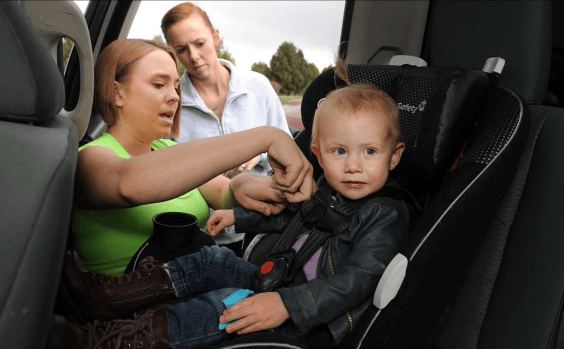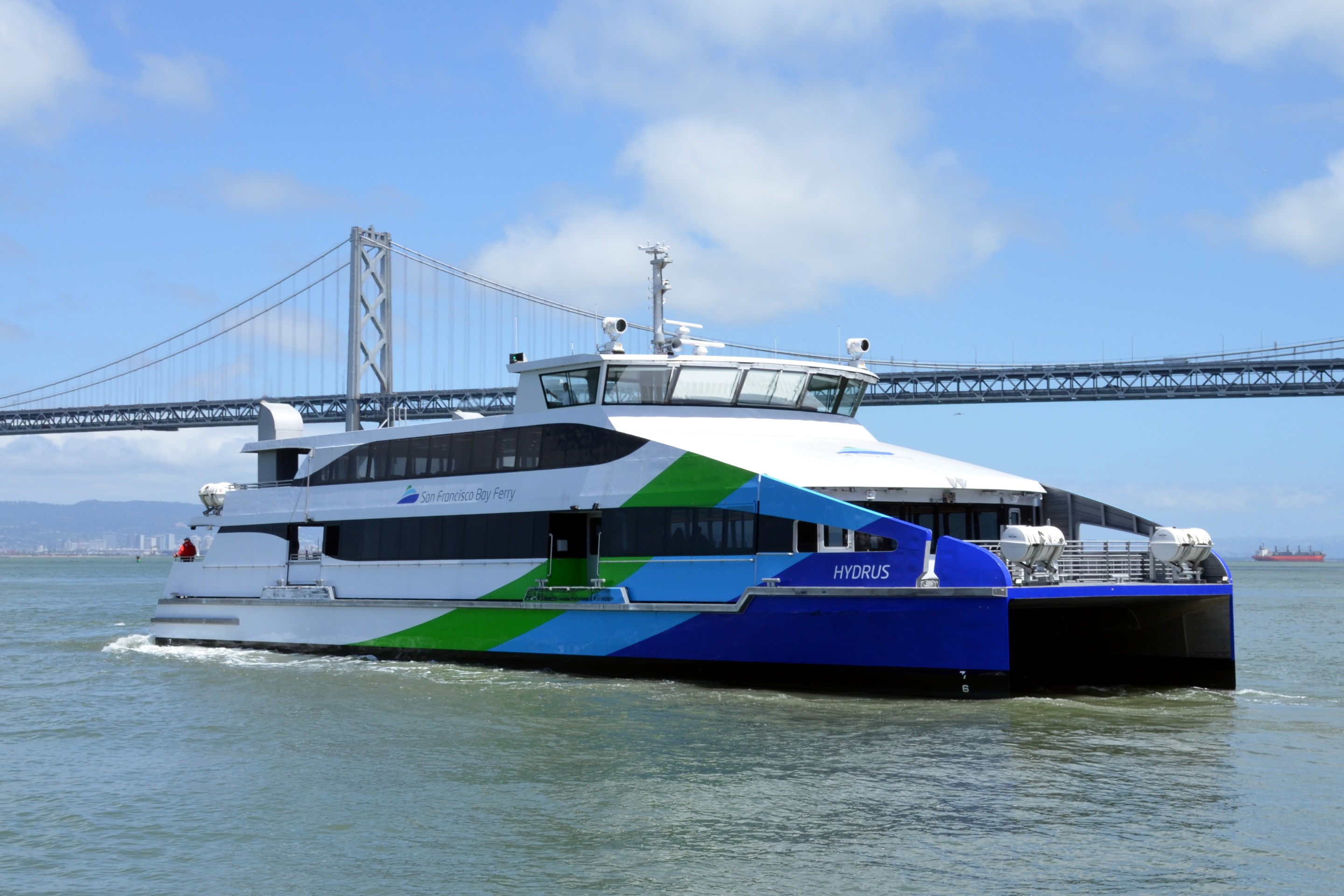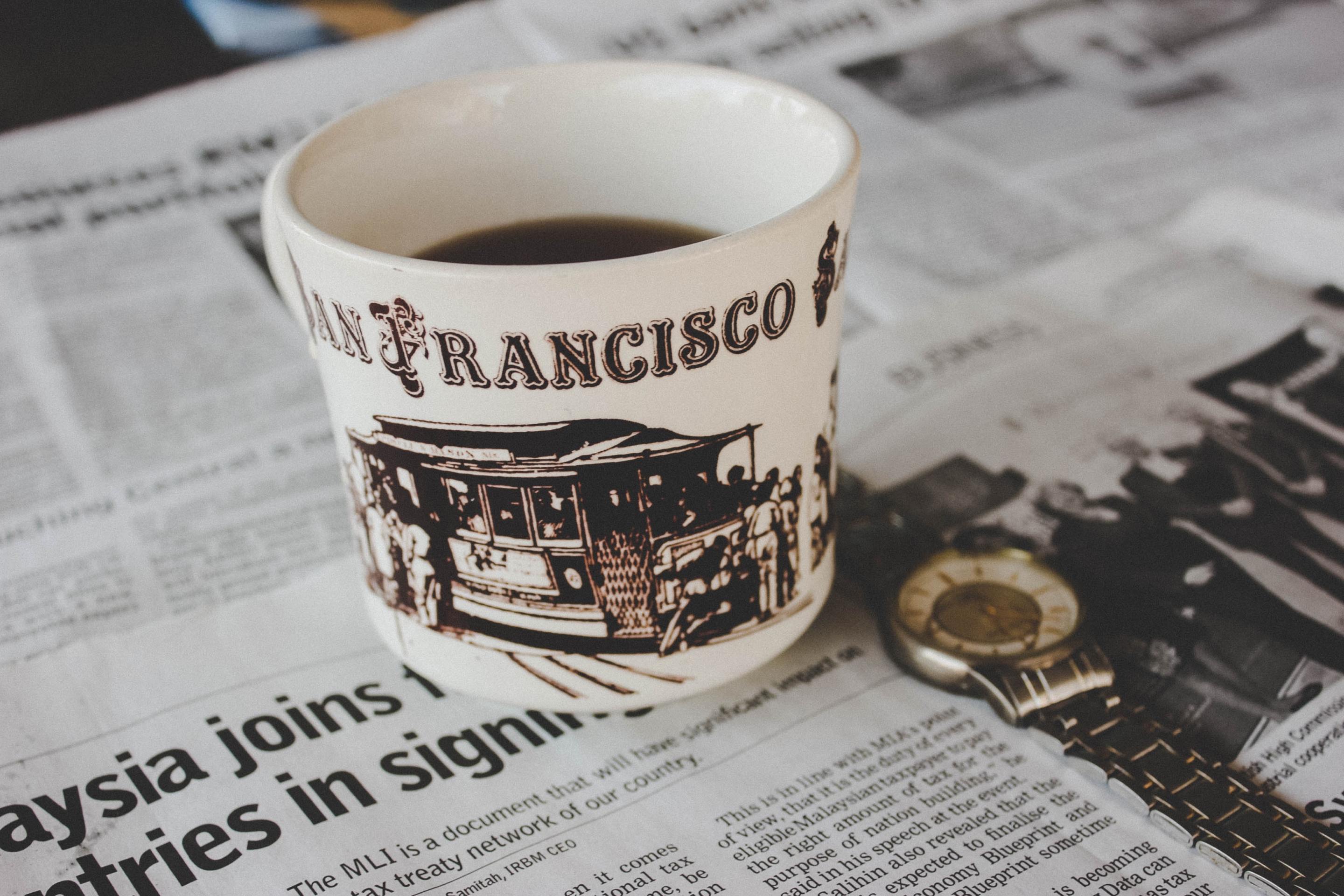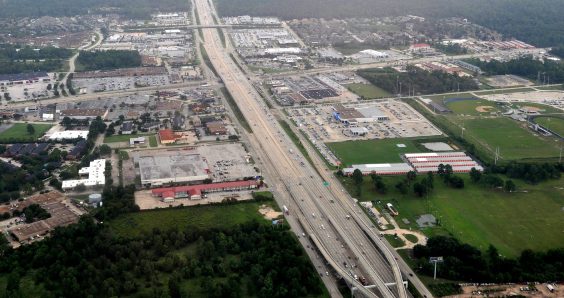High-Speed Rail’s Potential 2020 Turning Point
4:19 PM PDT on July 14, 2020
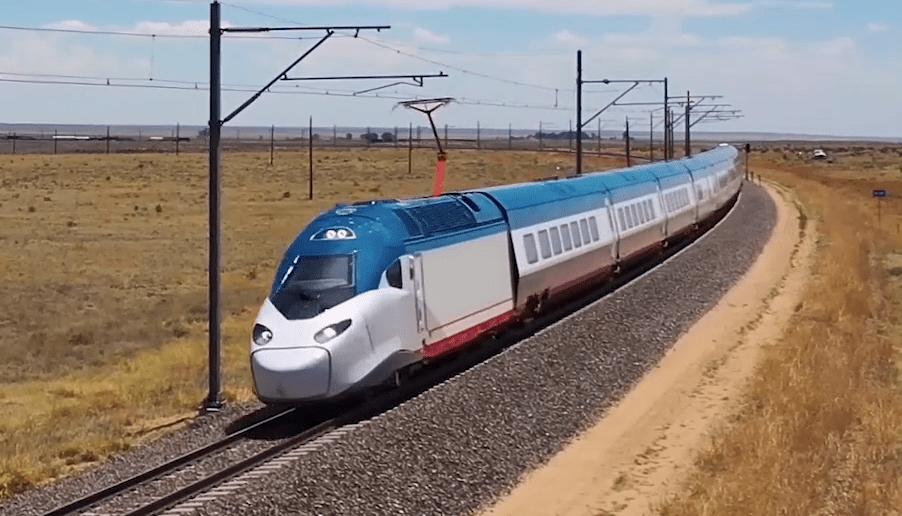
Amtrak’s newest trainset, capable of over 200 mph on dedicated, HSR tracks, but also capable of running on existing track at slower speeds. Image: Amtrak
Note: GJEL Accident Attorneys regularly sponsors coverage on Streetsblog San Francisco and Streetsblog California. Unless noted in the story, GJEL Accident Attorneys is not consulted for the content or editorial direction of the sponsored content.
Workers are toiling away in the Central Valley on over 100 miles of bridges, viaducts, and creating right of way. Legally mandated environmental design reports are being released, laying out the details of how high-speed rail will connect from the Central Valley to San Jose, San Francisco, and Los Angeles. And progress is being made on a separate project that would allow high-speed trains to also run to Las Vegas, forming a California/Nevada HSR network.
From today's CalMatters op-ed by state senators Jim Beall and Scott Wiener:
Construction of the high-speed rail system is fully underway at 32 job sites across several counties along the first 119 miles of the system. This stretch will be the heart of the system and the testing ground for the nation’s first electrified high-speed rail trains. As of this month, 4,000 men and women have been put to work on construction jobs in the Central Valley because of the high-speed rail project. Rather than joining the swollen ranks of unemployed Californians, these men and women are providing for themselves and their families and helping build California’s future.
Here in the Bay Area, thanks to $700 million of investment from High-Speed Rail, Caltrain is already working on its part of the project: electrifying the peninsula corridor. Ultimately Caltrain will share tracks with high-speed rail trains for the ride between San Francisco and Gilroy. The High-Speed Rail Authority is also collaborating with local agencies to bring trains to the Salesforce Transit Center in San Francisco and to reimagine the future of Diridon Station in San Jose.
As the senators point out, it's getting harder and harder for oil-backed opponents of HSR to continue to pretend this supposed "boondoogle" isn't actually happening.
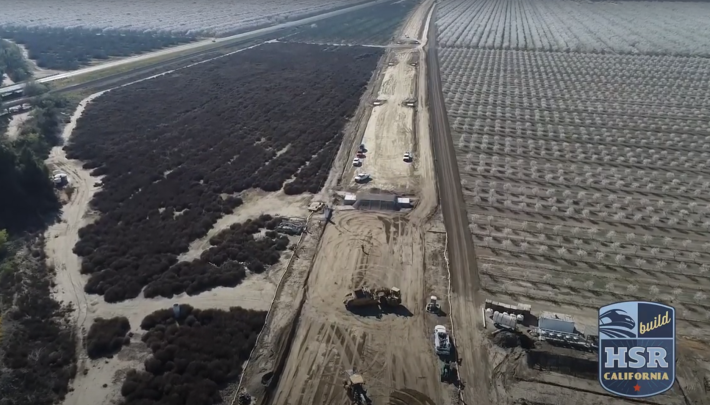
California HSR has so much work underway now because of the passage of state Proposition 1A and the 2008 sweep of both houses of congress by Democrats when Barack Obama and Joe Biden first took the White House. 'Shovel-ready' CAHSR received over $3.5 billion from the feds, which, along with state funds, is currently being spent on construction throughout the state. Democratic legislators in Washington are already looking at a new, bigger program for HSR--and it's one that Joe Biden strongly supports.
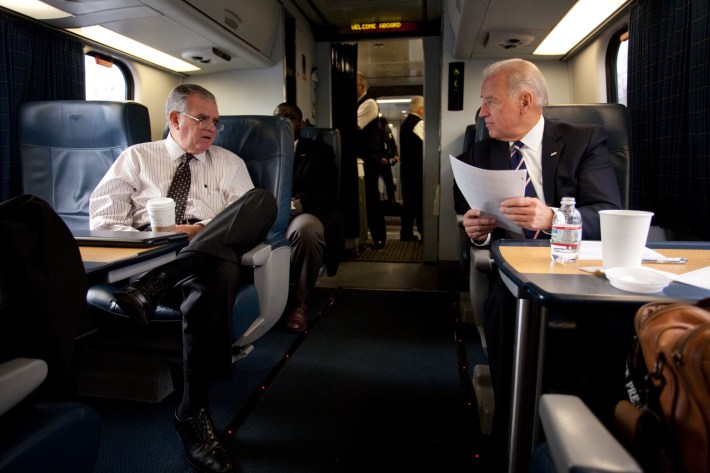
From today's story in the LA Times:
In a speech today in Wilmington, Del., the former vice president will call for a massive green jobs and environmental justice program that would invest $2 trillion in his first term on building new renewable energy infrastructure, according to a draft given to reporters by campaign officials.
The spending would go toward expansion of high-speed rail, building electric cars, and greatly increasing the use of wind, solar, and other renewable technologies to generate power, among other goals. Under Biden’s plan, the U.S. would fully end the use of oil, coal, and other fossil fuels to generate electricity by 2035. He would bring the nation to net zero emissions of greenhouse gases no later than 2050.
Biden is himself a regular Amtrak rider. "Think about the difference rail travel makes in people’s lives. I know, because when I was in the Senate, it made an incredible difference in mine. Every minute you’re not stuck in traffic, or working your way through airport security, is a minute more that you can spend with your families," he said at a press event in 2011.
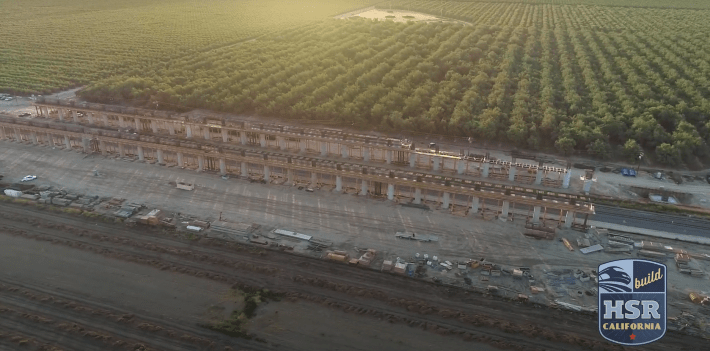
There's arguably never been a more pro-rail candidate for president than Joe Biden, nor have there been more pro-environmental members of congress. A repeat of 2008's democratic sweep (which current polls show is very possible) would give California HSR the money it needs to cross the Tehachapi mountains and the Pacheco Pass. And this time the project isn't just "shovel ready," it's already well under construction, making it the strongest candidate in the country for federal dollars.
In other words, 2008 will be remembered as the year California voters launched America's first HSR project. And 2020 could be remembered as the year America decides to complete it.
For more reading, check out CNN's report "For American high-speed rail, 2020 could be a turning point."
Stay in touch
Sign up for our free newsletter

